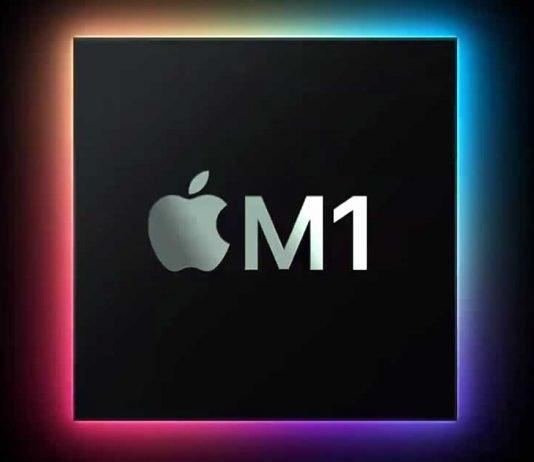Developer Alexander Graf managed to launch a virtualization instance for the Windows for ARM operating system on a Mac system equipped with the M1 chip.
Currently, Macs with M1 chips do not offer official Windows support, and there is no utility like Boot Camp that allows Windows to run natively on new Apple machines. However, this is a possibility that was greatly appreciated with Macs equipped with Intel processors, and that many users would like to be able to exploit also with new systems.
Apple’s senior vice president of Software Engineering, Craig Federighi, had already mentioned it in an interview with Ars Technica that new Macs with the M1 chip are technically capable of running Windows on ARM. Whether and when this implementation would come would now be entirely up to Microsoft. The core technologies are all available.
But, now before the official support from Microsoft, one independent developer has managed to run Windows on Apple Silicon computer.
Graf used QEMU , an open-source virtualizer, which allowed him to virtualize Windows for ARM on the M1 chip without having to do any emulation. However, the developer pointed out that when Windows ARM64 is virtualized on a Mac M1, it is then able to run x86 applications in emulation.
The developer was able to run Windows ARM64 Insider Preview by virtualizing it through Hypervisor.framework, a resource that Apple itself points out to be useful for interacting with virtualization technologies without having to write kernel extensions.
Graf then applied a custom patch to QEMU, known for being able to achieve “near-native” performance when running guest code directly on the Host CPU. In other words: the Windows ARM64 version can be virtualized on Mac M1s with minimal and almost negligible performance degradation.
In addition to the performance of the operating system, Graf was also interested in the usability of x86 applications. Here, too, he came to a positive result but restricts the fact that the emulation of Mac programs with Rosetta 2 works better. That shouldn’t come as a surprise either.
The developer is convinced that the experiment can be safely replicated.


